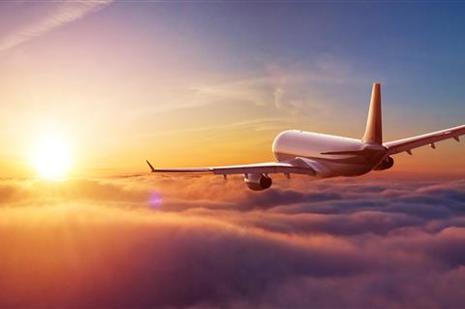
The aviation industry has proven its resilience with a remarkable resurgence following the challenging pandemic period with air travel surpassing all previous numbers. However, the industry itself is at a crucial juncture. With passenger expectations evolving and technology advancing rapidly, the discussion around distribution for airlines across multiple channels is essential for two critical realities: Cashflow is survival and distribution delivers revenue.
Airline distribution technology continues to evolve from selling seats to retailing experiences, simplifying complex processes and delivering personalization. The convergence of New Distribution Capability (NDC), Artificial Intelligence (AI), omnichannel strategies, blockchain, and sustainability practices are marking a shift towards an agile, customer-centric ecosystem.
IATA’s NDC enables airlines to offer tailored fares, ancillary bundles, and dynamic pricing in real time. The unbundled content enhances transparency and flexibility for both agents and travellers.
Closely tied to NDC, is IATA’s ONE Order framework enabled by Offer and Order Management Systems. The Offer and Order Management System simplifies airline booking and fulfilment by moving airlines away from Passenger Name Records and e-tickets towards a retail-oriented model where a single ‘order’ can manage the whole journey. With this system, airlines can bundle flights, ancillaries and third-party products into one seamless package and unlock new retail opportunities.
With the dawn of the hyper-personalization era comes Artificial Intelligence (AI) and Machine Learning both game changers for an airlines’ distribution dialogue. AI enables analyses of traveller preferences, purchase histories and search patterns to curate personalized offers and dynamic bundling in real time aligning with customer preferences, using dynamic pricing.
Furthermore, AI helps to manage costs and incentives across channels, to yield the best conversion rates and profits. AI can be used to create customised culturally aligned customer service; enhanced loyalty programs; reduced revenue leakage in the distribution channels; and fraud management.
While Global Distribution System channels remain vital, airlines are increasingly investing in direct distribution via their own websites, mobile apps and direct APIs to own the customer relationship, gather richer data and reduce distribution costs. This shift towards omnichannel retailing offers consistent, seamless experiences across all touchpoints.
Blockchain-based platforms are rapidly gaining traction in the airline industry, especially in areas of e-ticketing and ticket tokenization, digital identities, facial recognition, health passport and frequent flyer programs. It streamlines complex processes like interline ticketing, refund management, and baggage tracking with enhanced security, improved efficiency, transparency, and hopefully reduced fraud.
Consumer preference for sustainable products and services are becoming more prevalent among travellers. Distribution platforms including airlines, GDSs, and online travel agencies are increasingly embedding carbon emission data into booking flows, giving travellers the option to make informed choices or purchase offsets directly.
For airlines, embracing innovations is unlocking new revenue streams, building deeper customer relationships, and staying competitive in an increasingly dynamic global market.
*Find out more about AirlinePros Incorporated engagement in the IATA's Strategic Partnership Program on the partners directory.